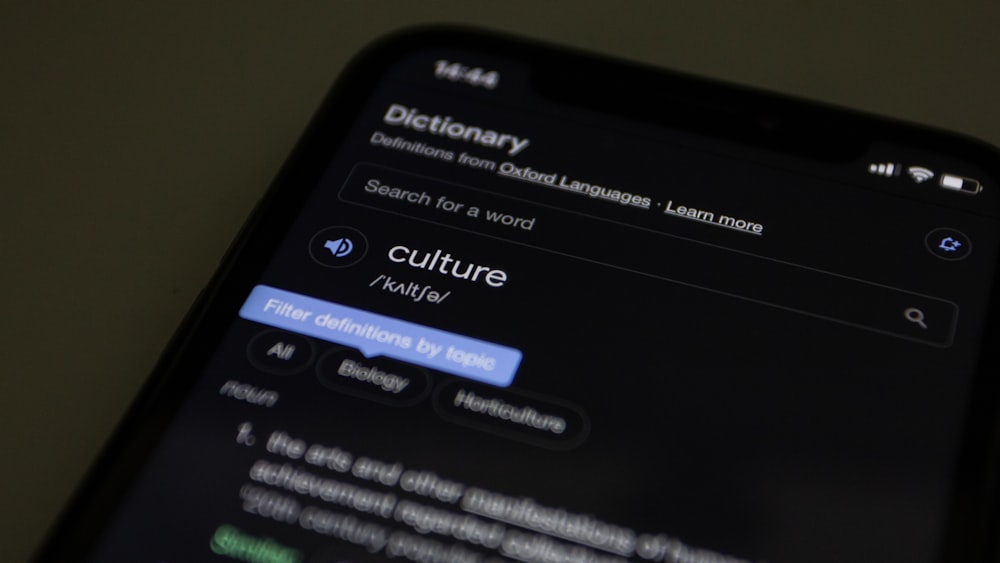When The New York Times exclusively published the first 10 entries of a work-in-progress dictionary of African American words two weeks ago, the story received polarizing reactions. NBC News, Vibe, BET, and others wrote about the Times's scoop, which included words such as "bussin," "old school" and "chitterlings." Reaction to the story on Twitter and other social media ran from guarded optimism to indifference to admiration (particularly for project editor Henry Louis Gates, Jr.) to lots of questions about who it's for and who'll profit.
The big headline might be, though, that the project is far from done and that even when it's set to be published in 2025 with about 1,000 entries, it will still be an ongoing work, with Gates promising that those on the project would still be soliciting new entries after that (Early request to omit pause, SMH.).
So what is this project, anyway? First, it's a collaboration between Oxford English Dictionary and Harvard's Hutchins Center for African and African American Research that's funded by grants from the Mellon and Wagner Foundations. OED is calling the project, "a landmark scholarly initiative to document the lexicon of African American English (AAE) in a dictionary based on historical principles.
Work began last year, and by this spring, there was already discussion about the first 100 entries, with the organization said to have been completed (but not all released):
The New Yorker also has a fascinating dive into the behind-the-scenes work that's being done not only to choose words for inclusion such as "do-rag" and "cakewalk," but how the team confirms their meaning and use in African-American communities. For "do-rag," defined by the OED as, "a piece of fabric tied closely around the head, originally to protect and maintain a hairstyle (especially one that is chemically processed) and later as part of an individual’s fashion," the team found evidence of its existence back to the 1930s, even though some in the '70s were claiming to have invented item and the term. "Cakewalk" goes back to 1863, defined as entertainment for plantation owners where movements mimicked the dances of white society. The team is still unsure whether enslavers of the time knew they were being mocked but either way we suggest stop using the term as a simile for "easy".
